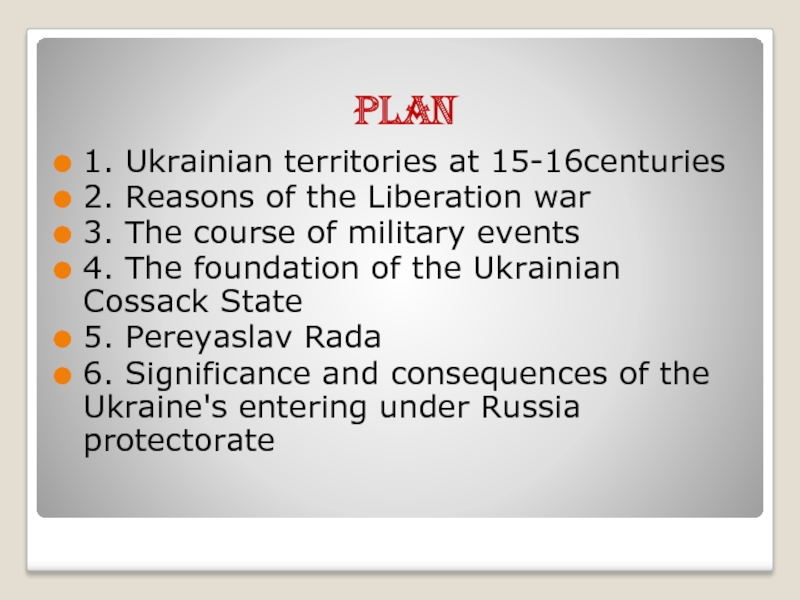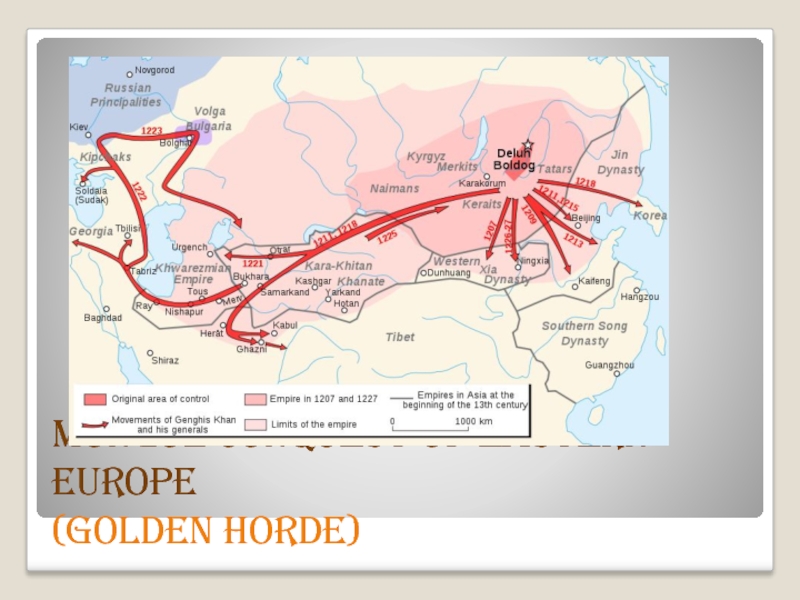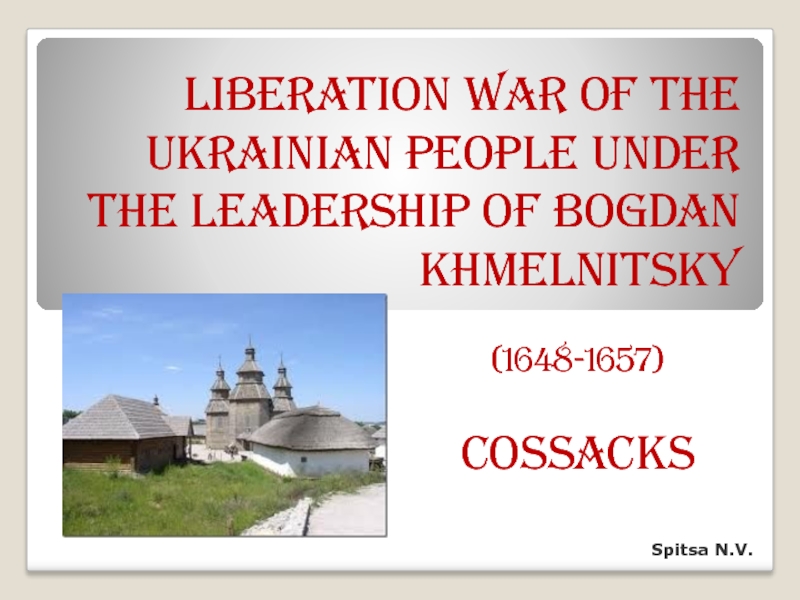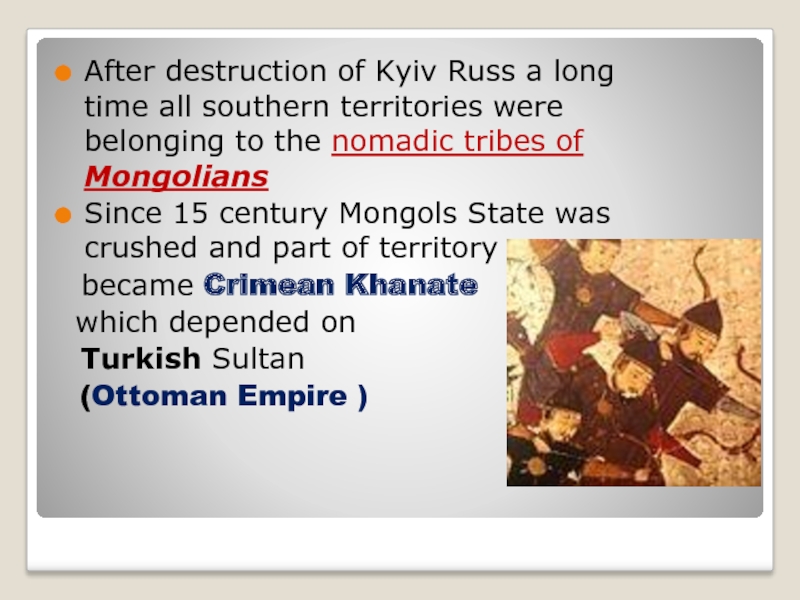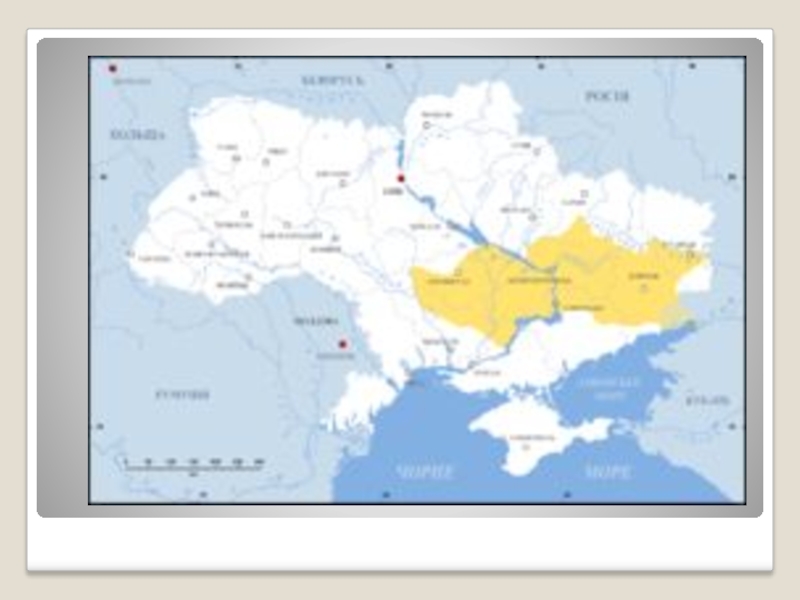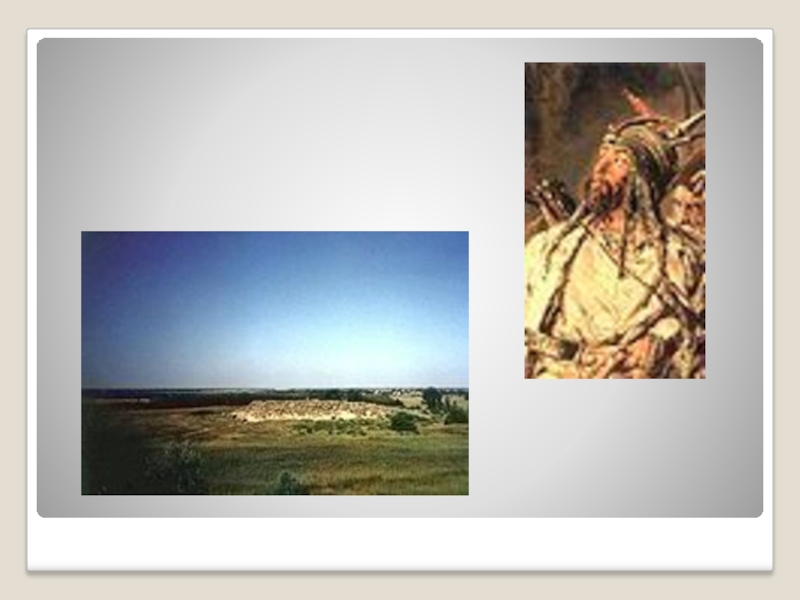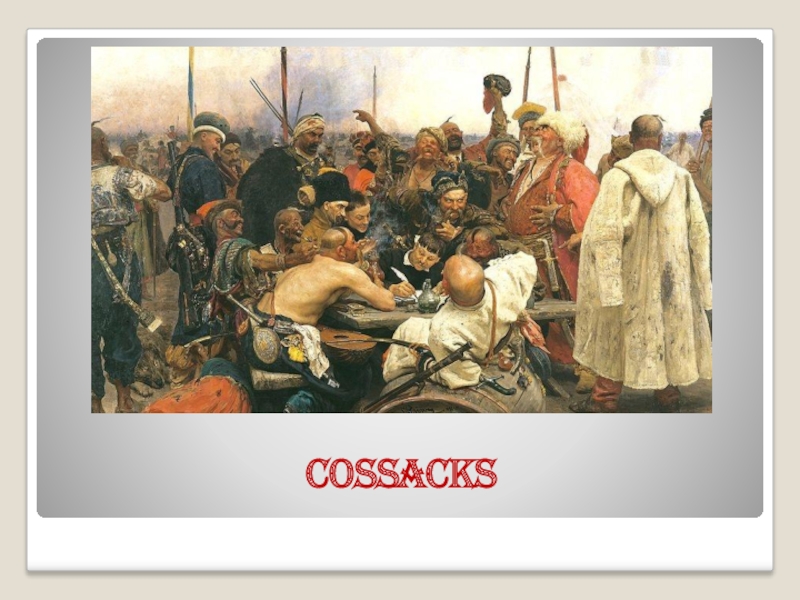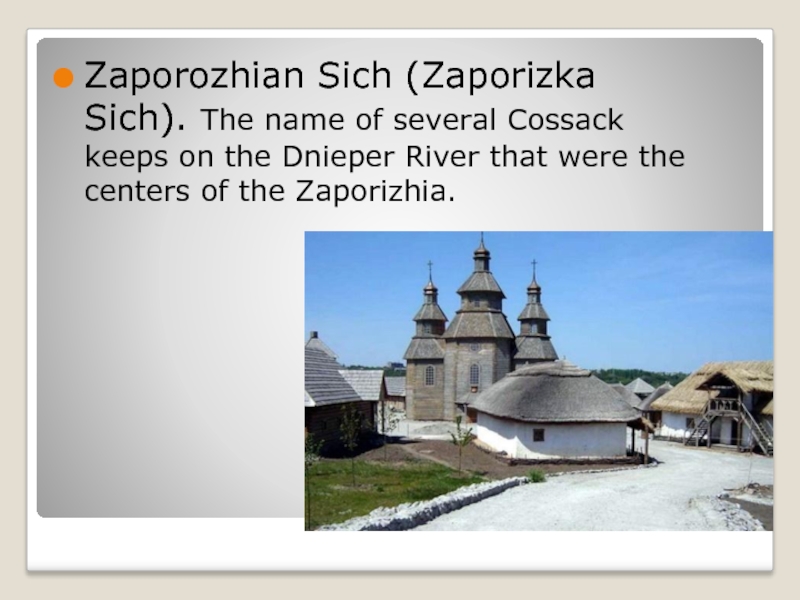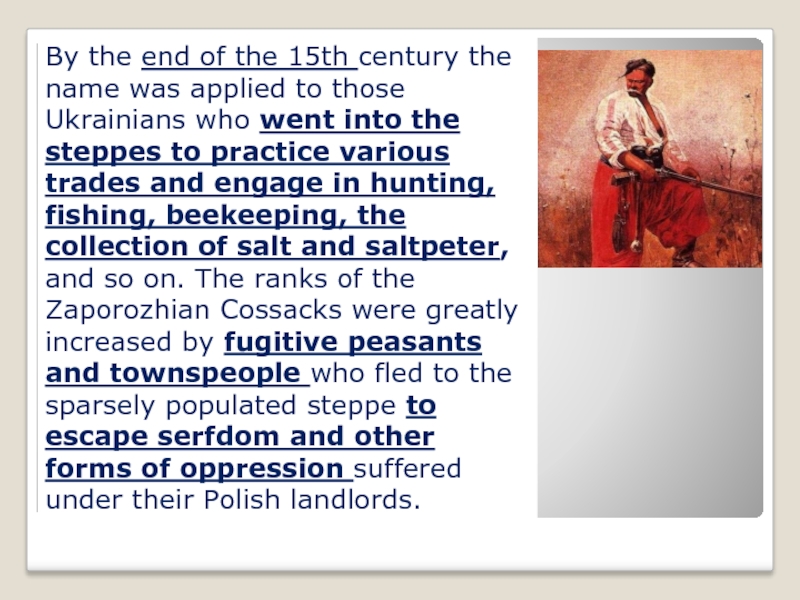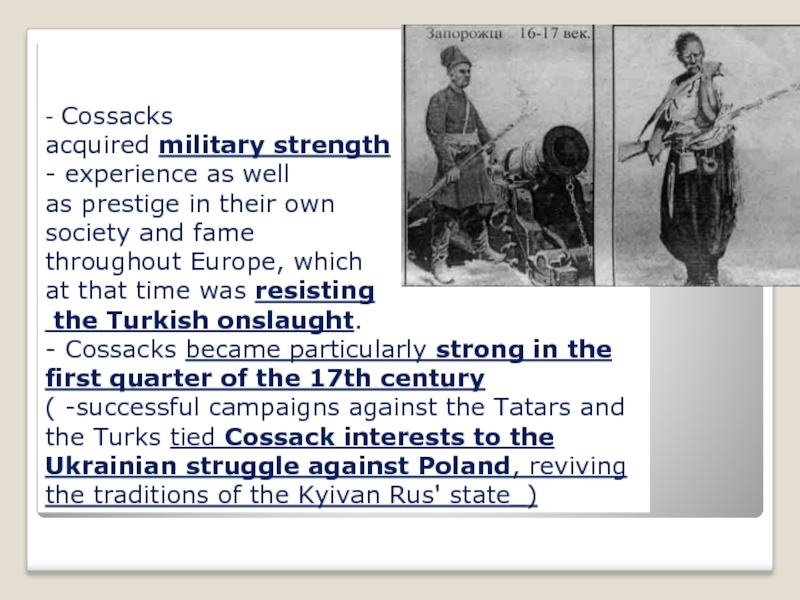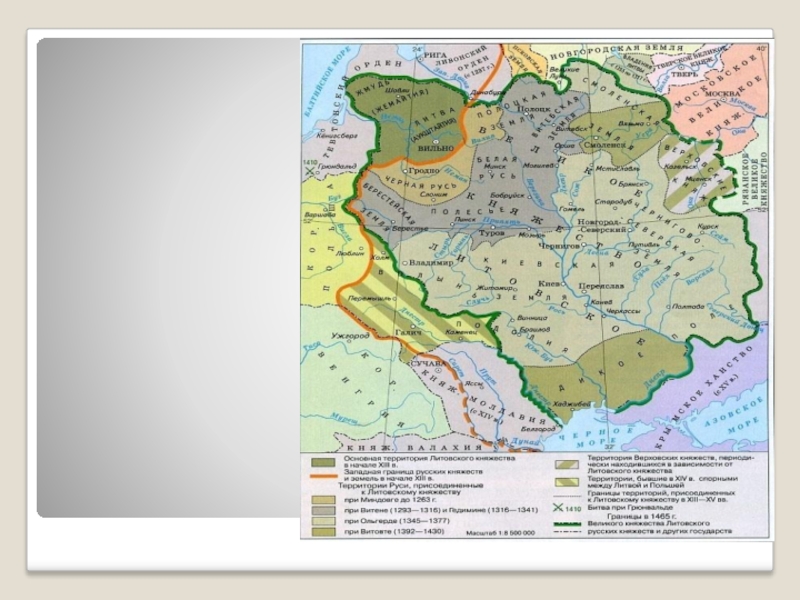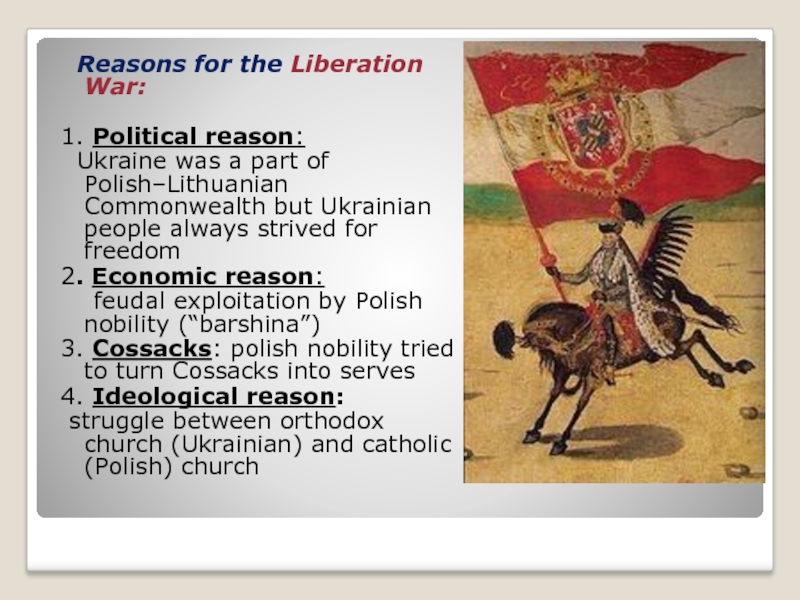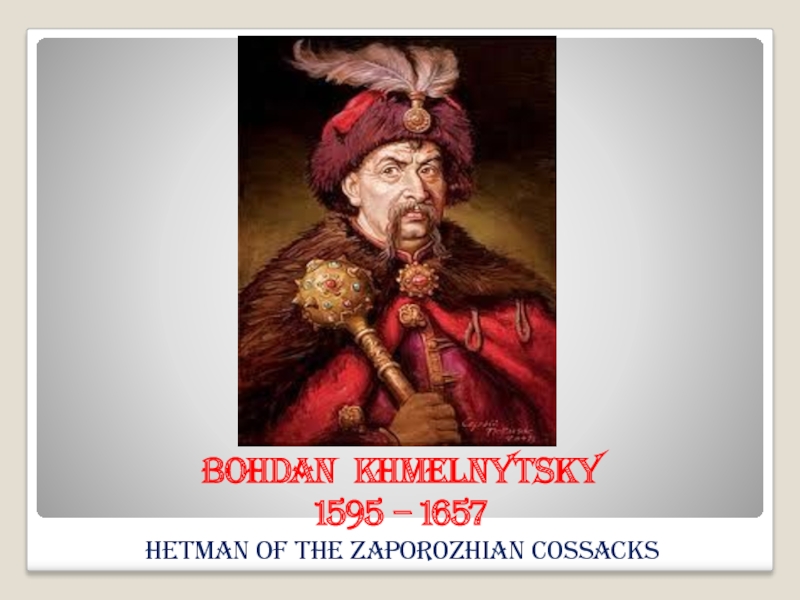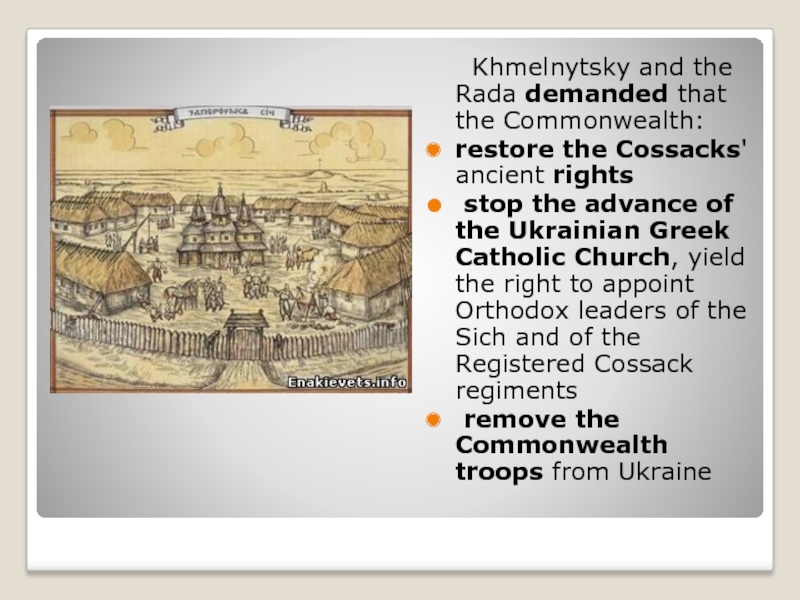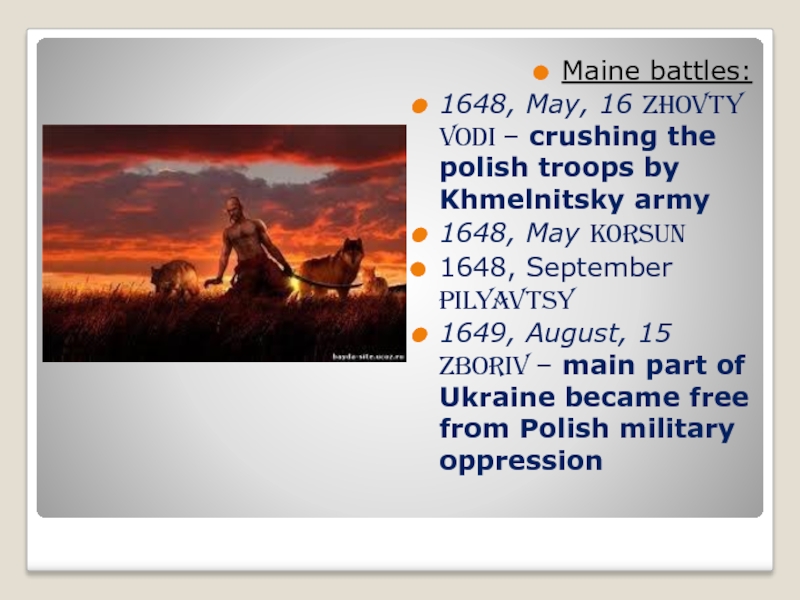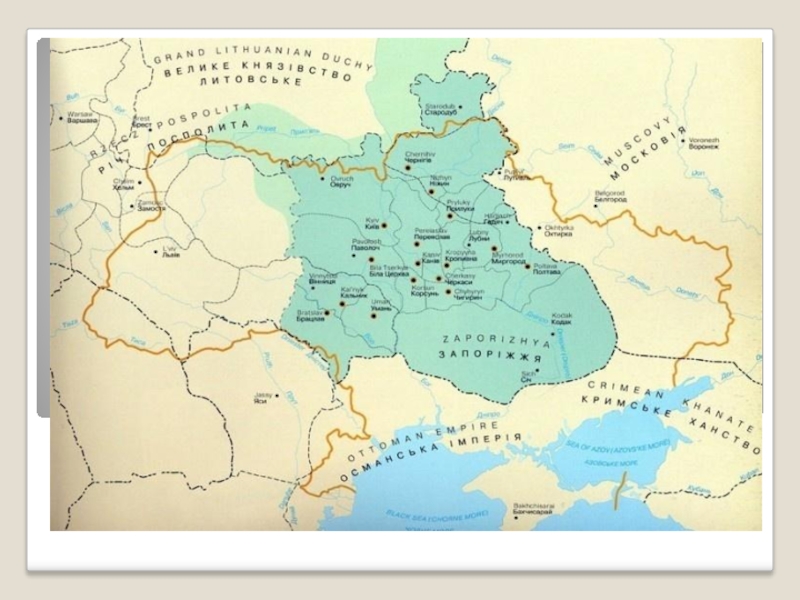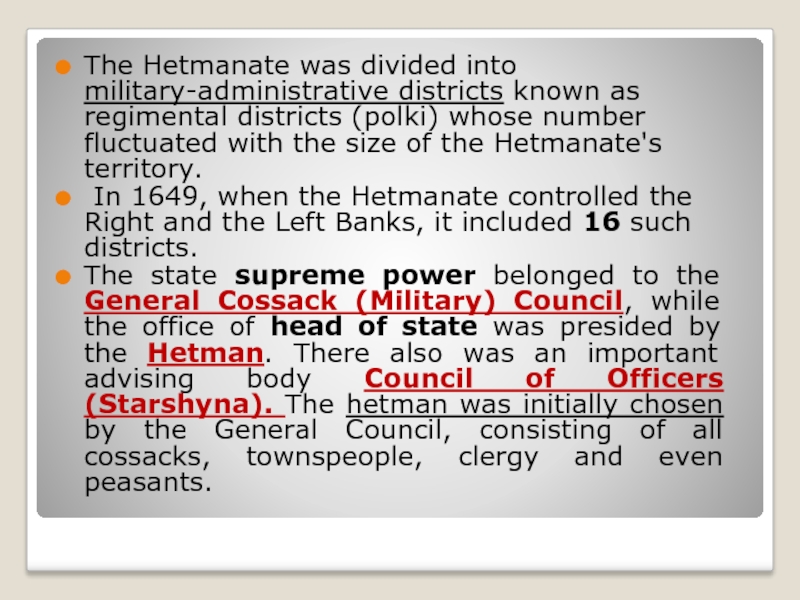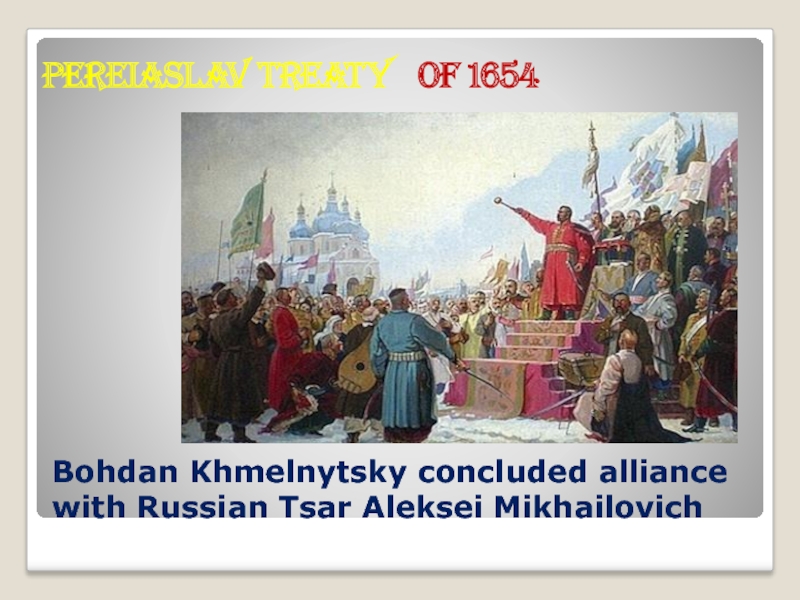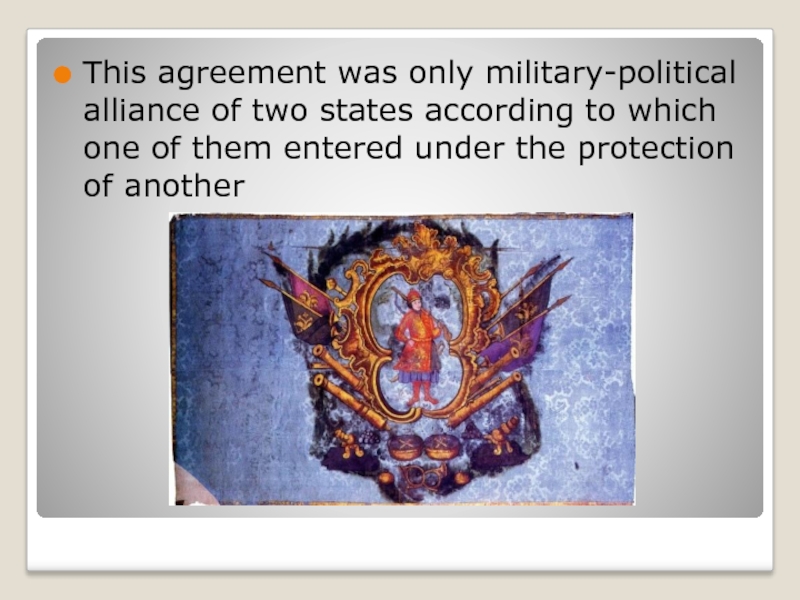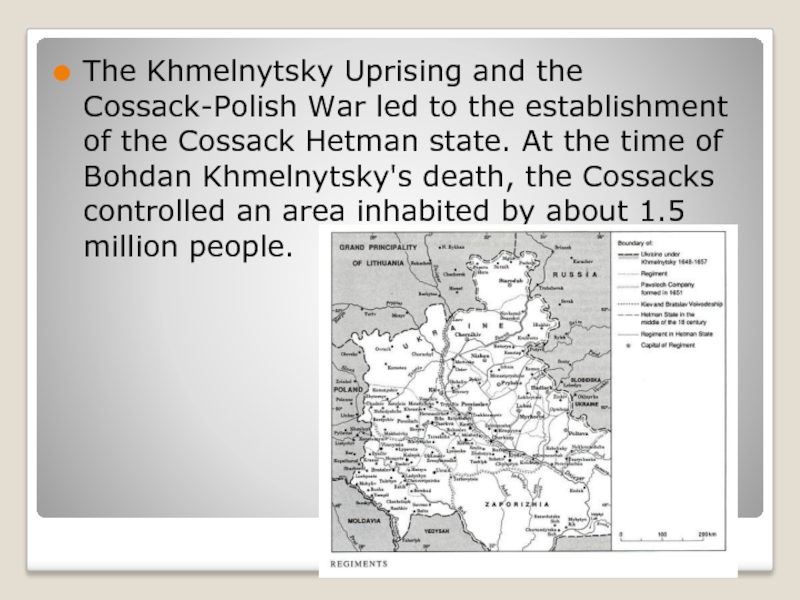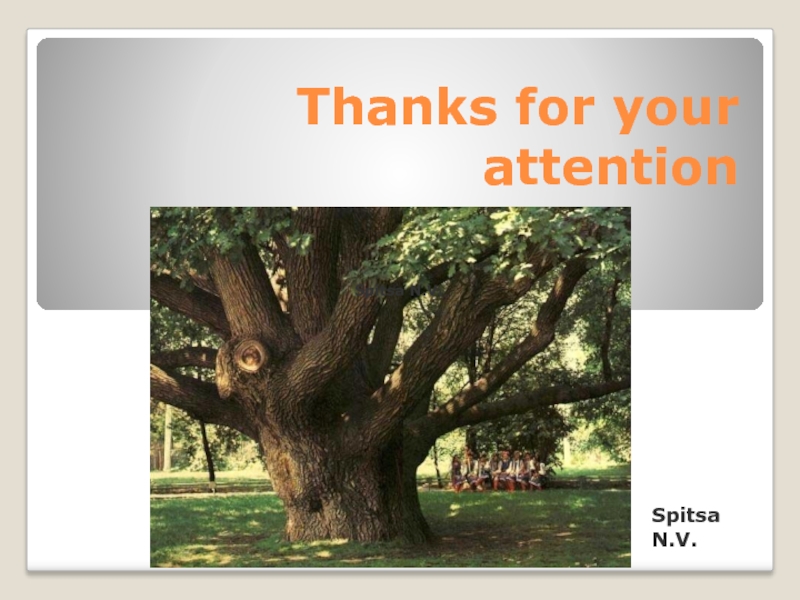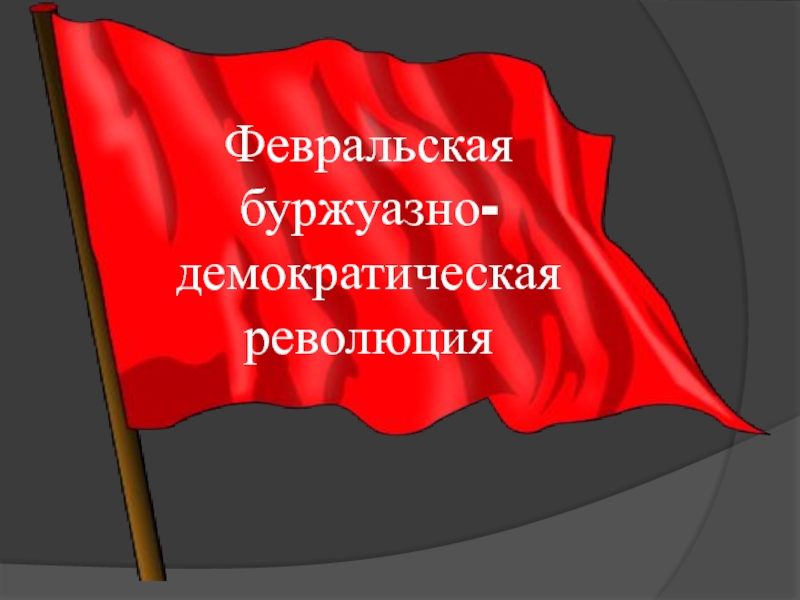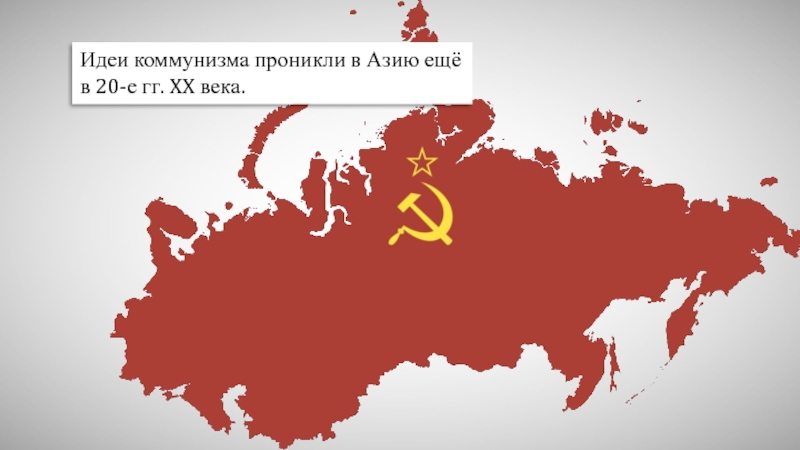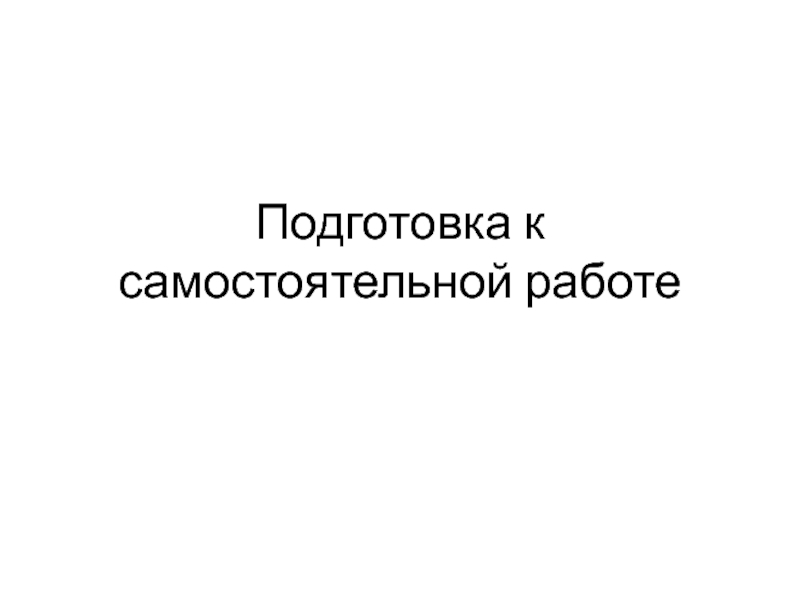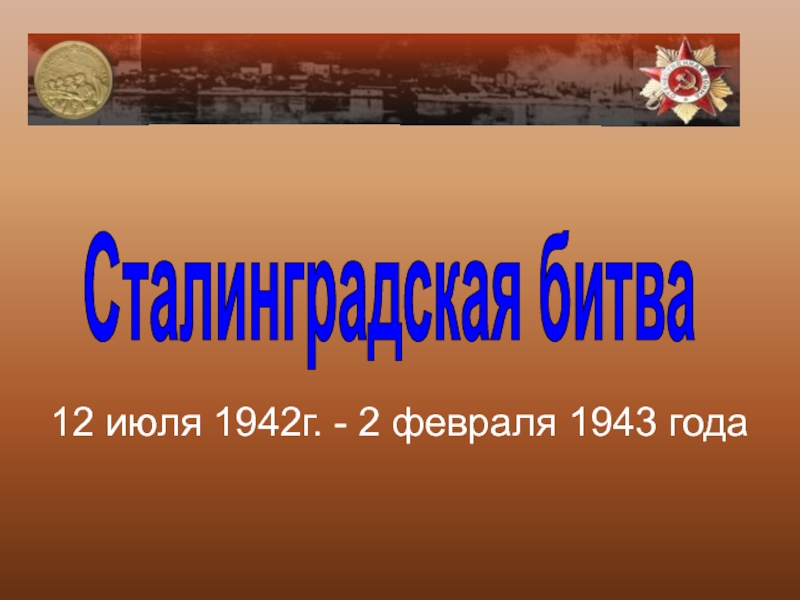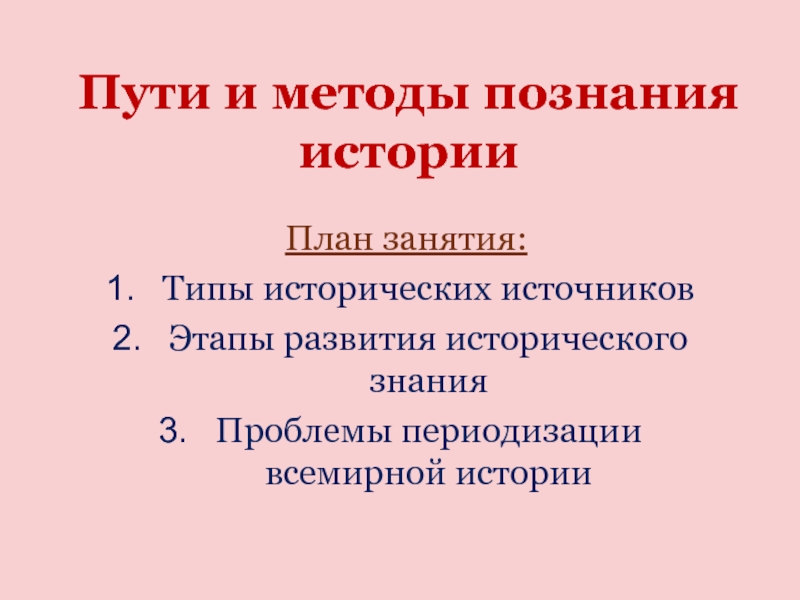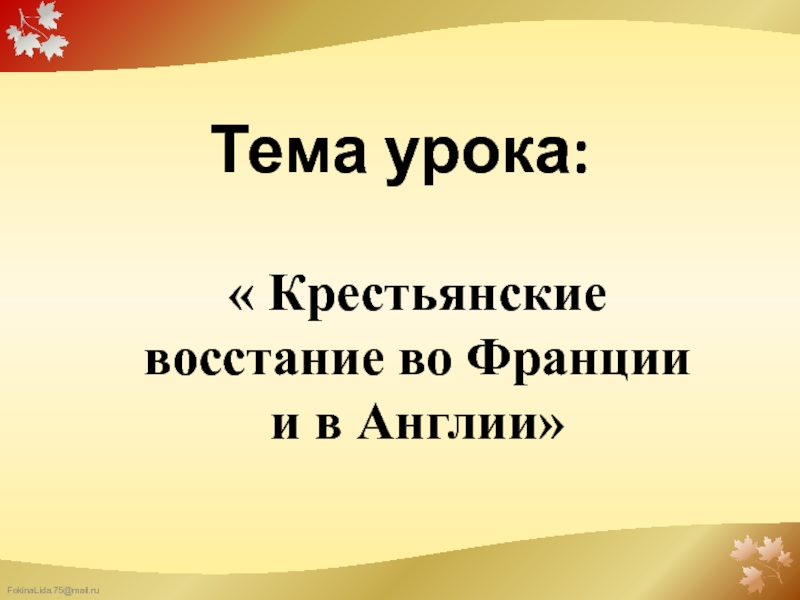course of military events
4. The foundation of the Ukrainian Cossack State
5. Pereyaslav Rada
6. Significance and consequences of the Ukraine's entering under Russia protectorate
- Главная
- Разное
- Дизайн
- Бизнес и предпринимательство
- Аналитика
- Образование
- Развлечения
- Красота и здоровье
- Финансы
- Государство
- Путешествия
- Спорт
- Недвижимость
- Армия
- Графика
- Культурология
- Еда и кулинария
- Лингвистика
- Английский язык
- Астрономия
- Алгебра
- Биология
- География
- Детские презентации
- Информатика
- История
- Литература
- Маркетинг
- Математика
- Медицина
- Менеджмент
- Музыка
- МХК
- Немецкий язык
- ОБЖ
- Обществознание
- Окружающий мир
- Педагогика
- Русский язык
- Технология
- Физика
- Философия
- Химия
- Шаблоны, картинки для презентаций
- Экология
- Экономика
- Юриспруденция
Mongol conquest of Eastern Europe (Golden Horde) презентация
Содержание
- 1. Mongol conquest of Eastern Europe (Golden Horde)
- 2. Mongol conquest of Eastern Europe (Golden Horde)
- 3. Liberation War of the Ukrainian people under
- 4. After destruction of Kyiv Russ a long
- 5. Crimean Khanate Vassal state of the Ottoman Empire in 1478-1774
- 8. Cossacks
- 9. Zaporozhian Sich (Zaporizka Sich). The name of
- 10. The first Sich was established 1552 by
- 11. By the end of the 15th century
- 12. - Cossacks acquired military strength -
- 14. Reasons for the Liberation War:
- 15. Bohdan Khmelnytsky 1595 – 1657 hetman of the Zaporozhian Cossacks
- 16. At the end of January 1648 a
- 17. Khmelnytsky and the Rada demanded that the
- 18. Maine battles: 1648, May, 16 Zhovty Vodi
- 20. The Hetmanate was divided into military-administrative districts
- 21. Bohdan Khmelnytsky concluded alliance with Russian Tsar Aleksei Mikhailovich Pereiaslav Treaty of 1654
- 22. This agreement was only military-political alliance of
- 23. The Khmelnytsky Uprising and the Cossack-Polish War
- 24. Thanks for your attention Spitsa N.V. Spitsa N.V.
Слайд 3Liberation War of the Ukrainian people under the leadership of Bogdan
Khmelnitsky
(1648-1657)
Cossacks
Spitsa N.V.
Слайд 4After destruction of Kyiv Russ a long time all southern territories
were belonging to the nomadic tribes of Mongolians
Since 15 century Mongols State was crushed and part of territory
became Crimean Khanate
which depended on
Turkish Sultan
(Ottoman Empire )
Since 15 century Mongols State was crushed and part of territory
became Crimean Khanate
which depended on
Turkish Sultan
(Ottoman Empire )
Слайд 9Zaporozhian Sich (Zaporizka Sich). The name of several Cossack keeps on
the Dnieper River that were the centers of the Zaporizhia.
Слайд 10The first Sich was established 1552 by Prince Dmytro Vyshnevetsky on
Mala Khortytsia Island in the Dnieper River, near present-day Zaporizhia
Слайд 11By the end of the 15th century the name was applied
to those Ukrainians who went into the steppes to practice various trades and engage in hunting, fishing, beekeeping, the collection of salt and saltpeter, and so on. The ranks of the Zaporozhian Cossacks were greatly increased by fugitive peasants and townspeople who fled to the sparsely populated steppe to escape serfdom and other forms of oppression suffered under their Polish landlords.
Слайд 12- Cossacks acquired military strength - experience as well as prestige in
their own
society and fame
throughout Europe, which
at that time was resisting
the Turkish onslaught.
- Cossacks became particularly strong in the first quarter of the 17th century
( -successful campaigns against the Tatars and the Turks tied Cossack interests to the Ukrainian struggle against Poland, reviving the traditions of the Kyivan Rus' state_)
Слайд 14 Reasons for the Liberation War:
1. Political reason:
Ukraine was a
part of Polish–Lithuanian Commonwealth but Ukrainian people always strived for freedom
2. Economic reason:
feudal exploitation by Polish nobility (“barshina”)
3. Cossacks: polish nobility tried to turn Cossacks into serves
4. Ideological reason:
struggle between orthodox church (Ukrainian) and catholic (Polish) church
2. Economic reason:
feudal exploitation by Polish nobility (“barshina”)
3. Cossacks: polish nobility tried to turn Cossacks into serves
4. Ideological reason:
struggle between orthodox church (Ukrainian) and catholic (Polish) church
Слайд 16At the end of January 1648 a Cossack Rada was called
and Khmelnytsky was elected a hetman.
Cossacks were sent with hetman's letters to many regions of Ukraine calling on Cossacks and Orthodox peasants to join the rebellion, the defence of Khortytsia was improved, arrangements were made to acquire and make weapons and ammunition, and emissaries were sent to the Khan of Crimea, İslâm III Giray.
Cossacks were sent with hetman's letters to many regions of Ukraine calling on Cossacks and Orthodox peasants to join the rebellion, the defence of Khortytsia was improved, arrangements were made to acquire and make weapons and ammunition, and emissaries were sent to the Khan of Crimea, İslâm III Giray.
Слайд 17 Khmelnytsky and the Rada demanded that the Commonwealth:
restore the Cossacks'
ancient rights
stop the advance of the Ukrainian Greek Catholic Church, yield the right to appoint Orthodox leaders of the Sich and of the Registered Cossack regiments
remove the Commonwealth troops from Ukraine
stop the advance of the Ukrainian Greek Catholic Church, yield the right to appoint Orthodox leaders of the Sich and of the Registered Cossack regiments
remove the Commonwealth troops from Ukraine
Слайд 18Maine battles:
1648, May, 16 Zhovty Vodi – crushing the polish troops
by Khmelnitsky army
1648, May Korsun
1648, September Pilyavtsy
1649, August, 15 Zboriv – main part of Ukraine became free from Polish military oppression
1648, May Korsun
1648, September Pilyavtsy
1649, August, 15 Zboriv – main part of Ukraine became free from Polish military oppression
Слайд 20The Hetmanate was divided into military-administrative districts known as regimental districts
(polki) whose number fluctuated with the size of the Hetmanate's territory.
In 1649, when the Hetmanate controlled the Right and the Left Banks, it included 16 such districts.
The state supreme power belonged to the General Cossack (Military) Council, while the office of head of state was presided by the Hetman. There also was an important advising body Council of Officers (Starshyna). The hetman was initially chosen by the General Council, consisting of all cossacks, townspeople, clergy and even peasants.
In 1649, when the Hetmanate controlled the Right and the Left Banks, it included 16 such districts.
The state supreme power belonged to the General Cossack (Military) Council, while the office of head of state was presided by the Hetman. There also was an important advising body Council of Officers (Starshyna). The hetman was initially chosen by the General Council, consisting of all cossacks, townspeople, clergy and even peasants.
Слайд 21Bohdan Khmelnytsky concluded alliance with Russian Tsar Aleksei Mikhailovich
Pereiaslav Treaty
of 1654
Слайд 22This agreement was only military-political alliance of two states according to
which one of them entered under the protection of another
Слайд 23The Khmelnytsky Uprising and the Cossack-Polish War led to the establishment
of the Cossack Hetman state. At the time of Bohdan Khmelnytsky's death, the Cossacks controlled an area inhabited by about 1.5 million people.
